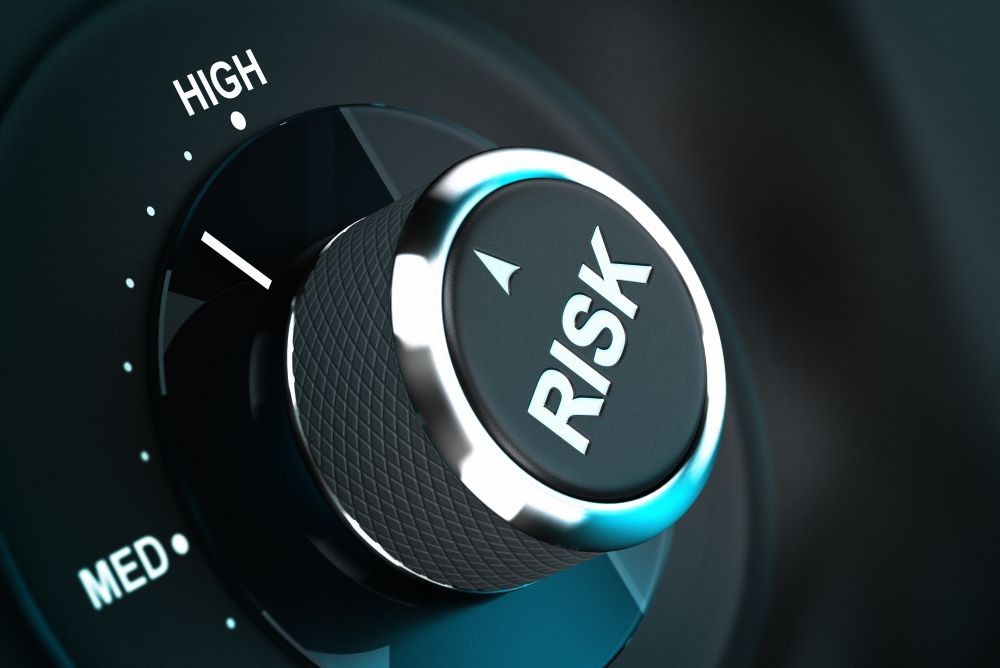It’s been a tough couple of years. The pandemic, resulting shutdown and lingering impact on business events is rightly top-of-mind. The focus has been on cancellations, virtual meetings and the “ids”—CovID and HybrID.
We are not out of the woods yet, so the importance of continued vigilance regarding the pandemic is essential, but as we make our way back to face-to-face meetings, perhaps it’s time we revisit the robust work around risk and duty of care that was ongoing pre-crisis.
[Register for Michael's free risk management webinar]
Let’s start by agreeing to simplify the definitions of “risk” and “risk management”:
“Risk” is the probability or threat of damage, injury, liability, loss or other negative occurrence, caused by external or internal vulnerabilities. Or simply, “If you’re considering it could happen, it’s a risk.”
“Risk management” means the identification, evaluation, analysis, mitigation, communication and monitoring of risks. Simply, “What can go wrong, how can it go wrong and what can be done about it before it does?” Risk management happens in four phases: planning, mitigation, response and recovery.
[Related: What to Do if You Get Sick While Traveling]
The risk management planning pathway requires the following steps:
- Formulate a collaborative planning team.
- Understand the situation.
- Determine your goals and objectives.
- Develop your plan and identify courses of action.
- Plan implementation and maintenance.
- Prepare your plan, and subject it to review and ultimately, approval.
- Regularly re-evaluate your plan to incorporate practical learnings and emerging threats.
[Related: 10 Risk Management Tips for the In-Person Meetings Ramp-Up]
5 Key Meetings Risk Management Musts
Here are five essential components that must be included when drafting any comprehensive risk management plan. What else would you consider necessary for a solid foundation upon which to build your plan?
- Communications: Develop a plan to maintain communication pathways both within the organization and to critical resources: venue, planner, executives, first responders, attendees, survivors impacted by the incident and their families, company management, directors and investors, and the news media.
- Resources and assets: A solid understanding of the scope and availability of organization, venue and destination resources and assets is critical in an emergency: evacuation plan, safe spaces, first responders, materials and supplies, vendor and community services, and government assets.
- Safety and security: The safety and security of participants are the prime responsibility of the organization during an emergency. As emergency situations develop and parameters of operability shift, organizations must provide a safe and secure environment for attendees, vendors and staff.
- Staff responsibilities: During an emergency, the probability that staff responsibilities will change is high. As new risks develop along with changing conditions, staff will need to adapt their roles to meet new demands on their ability to care for participants. If staff cannot anticipate how they may be called to perform during an emergency, the likelihood that the event/organization will not sustain itself during an emergency increases.
- Support: The physical and emotional needs of participants during an emergency are of prime importance. The organization must have clear, reasonable plans to address the needs of participants during extreme conditions when the organization’s staff, infrastructure and resources are taxed.
Read Next: Risk Management Best Practices: 10 Easy Tips for Meeting and Event Planners







